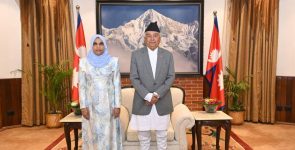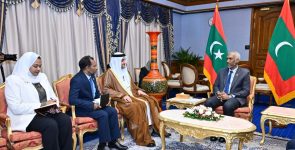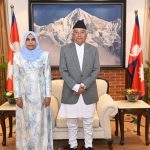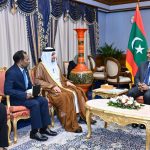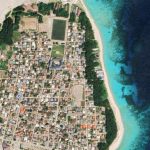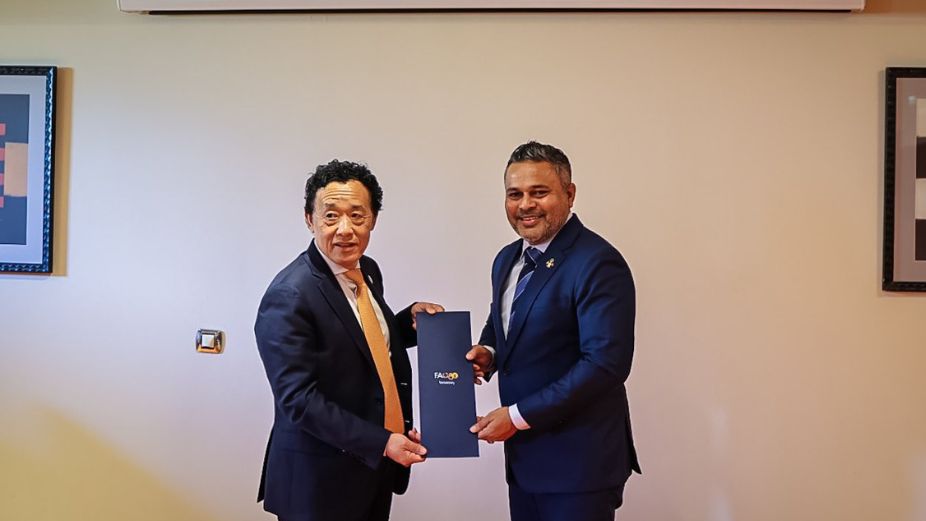
The United Nations Food and Agriculture Organization (FAO) will establish a dedicated office in the Maldives, signalling a strengthened commitment to the country’s fisheries sector, a vital component of its economy.
This announcement was confirmed by FAO Director-General Qu Dongyu during a meeting with Ahmed Shiyam, the Maldivian Minister of Fisheries and Ocean Resources, at the 3rd United Nations Ocean Conference (UNOC3) held in Nice, France, from 9 to 13 June.
FAO’s decision to expand its presence reflects a deeper engagement in the Maldives’ fishing industry. Director-General Dongyu outlined plans to provide direct technical assistance, a move welcomed by Minister Shiyam, who emphasised the organisation’s longstanding collaboration with the Maldives. One notable initiative, the Anchored Fish Aggregating Devices (Anchored-FADs) project, has significantly improved fishing efficiency nationwide.
The discussions also addressed broader policy issues, including the need for a comprehensive maritime law to enhance the management and oversight of marine resources. Both officials highlighted the potential for growth in mariculture, a sector considered important for economic diversification.
Director-General Dongyu emphasised the strategic importance of sustainable fisheries for the Maldives, linking these practices to economic stability and food security. The establishment of a permanent FAO office is expected to bolster policy development and resource management, while supporting global marine conservation efforts.
Meanwhile, Minister Shiyam, speaking on behalf of the Maldives at the UN Ocean Conference, called for affordable financial assistance for developing small island nations to ensure marine security. He stressed that the ocean is intrinsically connected to the lives of Maldivians, serving both as an economic necessity and a cultural symbol.
The Minister highlighted the increasing threats to oceans caused by climate change, such as sea level rise and coral reef degradation, which are urgent realities for the Maldives. Despite its vulnerability, the country has been proactive in addressing these challenges. Under President Dr Mohamed Muizzu’s current term, 93 marine areas have been protected, meeting the targets set by the UN Ocean Conference. Efforts to eliminate single-use and disposable plastics are also underway.
Minister Shiyam called for developing small island nations to have a meaningful voice in global ocean governance. He urged developed countries and donors to provide accessible financial support and called for debt relief on loans aimed at marine conservation, particularly for highly indebted nations. He argued that this approach is fair, as smaller countries are delivering tangible conservation results through such assistance.
Concluding his address, Minister Shiyam encouraged the international community to prioritise measurable outcomes over the mere signing of treaties in ocean conservation efforts.





